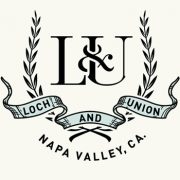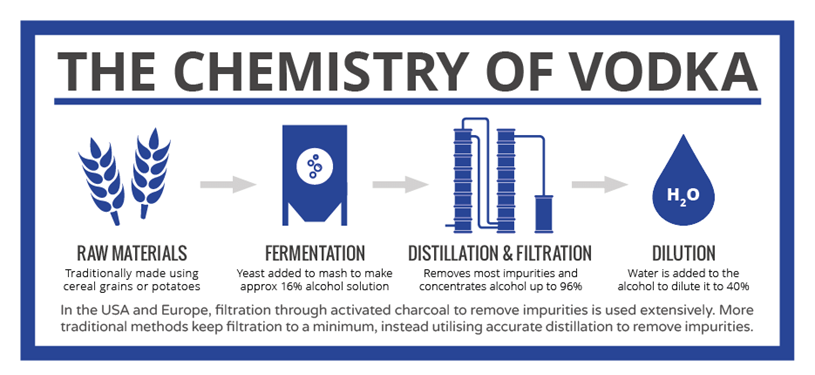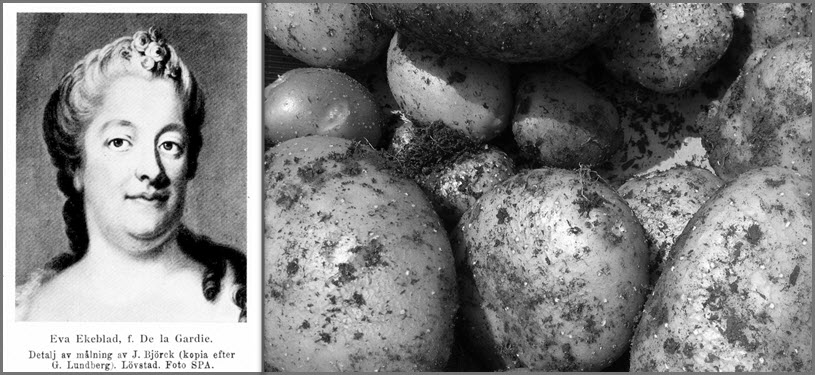
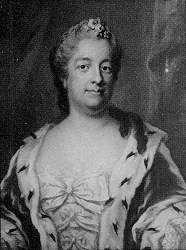
Eva de La Gardie, 1724-1786, Swedish Scientist.
Today, we celebrate Eva Ekeblad, born July 10, 1724. Yes, she was Swedish royalty but that’s not her claim to fame. In 1748, Ekeblad was in the first female scientist inducted into the Royal Swedish Academy of Science.
In 1746, Ekeblad turned water into wine. Oh wait, that’s a completely different story that happened many years earlier. Ekeblads story is about her experimental work with the lowly potato. The potato was introduced into Sweden around 1658 but was generally only used for animal feed and was not seen as fit for human consumption.
Turning Potatoes into Alcohol
In the mid 18th century, Sweden suffered from a series of bad harvests and was near famine. The country’s supply of wheat, rye and barley used for making breads and alcohol was in short supply. Ekeblad heard that in Germany they were using potatoes to create alcoholic drinks. So, as any good scientist would do, she began experimenting. In her experiments, she discovered that the potato could be cooked, crushed, dried and then used to make flour. That flour could then be used for baking or in making alcohol.
Stay Informed: Sign up here for the Distillery Trail free email newsletter and be the first to get all the latest news, trends, job listings and events in your inbox.
Her discovery was recognized by the Royal Swedish Academy of Science and in 1746, Eva Ekeblad became the first woman admitted to the Academy. Potatoes could now be used to make flour and vodka thus freeing up the other grains to be used for baking bread and the like. At the time, the society didn’t know what to do with a female in the academy. Tragically, five years later in 1751 the Academy downgraded Ekeblads status to that of Honorary member.
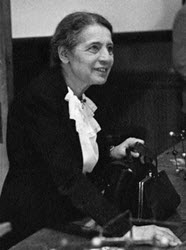
Lise Meitner, Nuclear Scientist. 1878-1968.
It wasn’t until nearly 200 years later that the Royal Swedish Academy of Science would induct its next woman, Austrian turned Swedish citizen Lise Meitner was admitted into the academy in 1945. Meitner was recognized for her work on radioactivity and nuclear physics. Since 1901, the Royal Swedish Academy of Science awards the Nobel Prize in Physics and Chemistry.
Whether You Spell it Potato or Potatoe it’s All Potatoes Right? Wrong!
There’s a common misconception that Vodka is made from potatoes. Some Vodka is however; it’s less than 1%. Most modern Vodkas are made from cereal grains including corn, rye and wheat.
Want to Learn More about Vodka? Check out these related resources.
The Chemistry Behind the Vodka [Infographic]
What is Vodka?
Please help to support Distillery Trail. Sign up for our Newsletter, like us on Facebook and follow us on Twitter.






